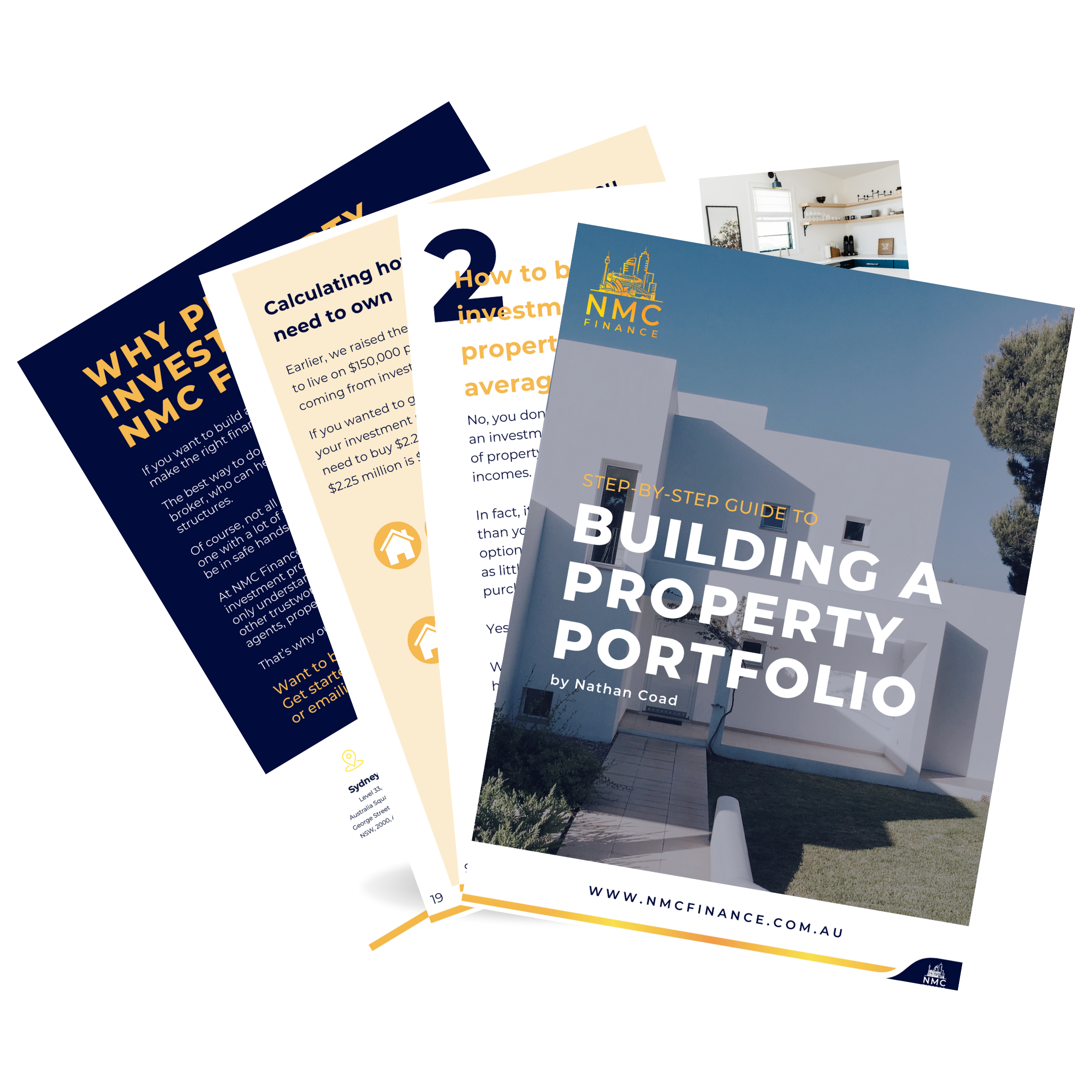Your business needs to invest in reliable machinery and equipment so it can grow. But with economic headwinds building, you might be considering buying second-hand equipment the next time something needs replacing.
There are pros and cons to this approach. On the one hand, used equipment is generally much cheaper. On the other hand, technology advances quickly, so purchasing a newer model could help your business become more efficient and productive.
So which option should you choose?
To answer that question, you should consider what you want the equipment to do for you, how often you plan to use it, and for how long.
The pros and cons of buying NEW machinery and equipment
Investing in new equipment comes with several benefits, such as:
- Boosting efficiency – New equipment will typically be more reliable and efficient than an older model, which can increase productivity and decrease downtime.
- Providing peace of mind – Generally speaking, there should be less chance of a brand-new machine breaking down than an older one. But if something does go wrong, there will likely be a warranty protecting you against unexpected repair costs.
- Giving your business a competitive edge – Manufacturers are constantly making technological improvements, so buying the newest version of the equipment could improve your performance and provide you with a competitive advantage.
On the downside, the main disadvantages of buying new equipment are:
- Higher purchase price – New equipment can be expensive, which can strain your budget and limit cash flow.
- Longer lead times – Depending on the equipment, you might have to wait a while for delivery, which can delay your operations and revenue generation.
- Depreciation – New equipment can lose value quickly, so it might be a poor investment if you don’t plan to use it for an extended period.
- Training requirements – New technology often comes with operational benefits, but your team might need additional training to make the most of it.
The pros and cons of buying USED machinery and equipment
There are several good reasons to buy used equipment over new, such as:
- Lower upfront costs – You’ll normally spend a lot less upfront buying second-hand than brand-new, saving your business money and improving cash flow. What’s more, as the market for used equipment in Australia is generally big, there may be potential to negotiate on the purchase price.
- Less depreciation loss – The previous owners will likely have absorbed the lion’s share of the depreciation loss.
- Available for immediate purchase – You don’t have to wait weeks or months for delivery when buying second-hand, minimising delays and downtime
But there are also disadvantages to buying used equipment:
- Higher risk of failure or repair needs – Generally, used equipment has a shorter lifespan than new equipment. A machine that breaks down more often could cost you more money down the line, even if you picked it up for a bargain price.
- Limited or no warranty – Buying used equipment comes with no guarantees, as you’ll have to take the previous owner’s word for how it was used and maintained. If something goes wrong, there will generally be no manufacturer’s warranty to fall back on.
Temporary full expensing
Regardless of whether it’s new or second-hand, buying business equipment can come with a significant upfront cost.
Fortunately, the federal government’s temporary full expensing scheme lets eligible businesses immediately deduct the full cost of assets used for business purposes, potentially reducing the amount of tax you have to pay.
Temporary full expensing was introduced in October 2020 as part of the federal government’s pandemic relief measures and runs until 30 June 2023.
As an expert finance broker, NMC Finance can help you get asset finance for your business, whether you are buying new equipment or second-hand. Contact Nathan Coad on 0498 766 639 or nathan.coad@nmcfinance.com.au to find out more.
* This blog is intended for general informational purposes only. For personalised advice tailored to your unique financial situation, please contact NMC Finance.

